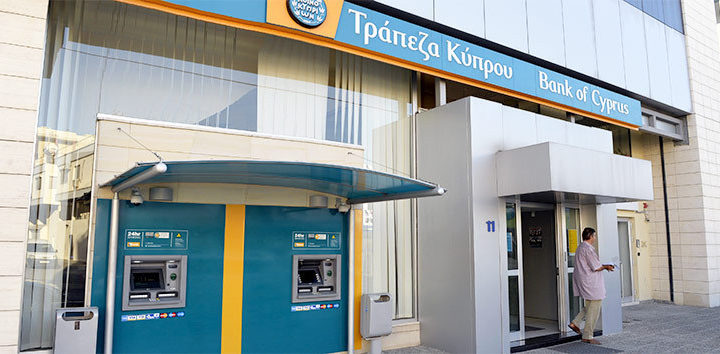S&P Global Ratings (S&P) revised the outlook for the Bank of Cyprus to positive from stable, citing the easing of funding risks, a diversified business model and substantial progress in de-risking its balance sheet.
It affirmed the ‘BB-/B’ long-term and short-term issuer ratings for Cyprus’ largest lender.
In the same rating action, the agency upgraded the credit ratings of Greek banks Aegean Baltic Bank, Alpha Bank, Eurobank, National Bank of Greece and Piraeus Bank.
“In our view, Cypriot and Greek banks will increasingly reap the benefit from years of balance-sheet clean-up and earnings restoration and now from interest rates hikes, significantly enhancing their loss absorption and capital-building capacities,” the rating agency said.
On Bank of Cyprus, S&P said the decision to revise the outlook to positive “reflects our belief that systemwide funding risks in Cyprus are easing.”
“Our ratings on the bank reflect its market-leading franchise in the country, benefitting from a diversified business model, and the substantial progress that it has made in reducing its stock of legacy NPLs over the last half-decade.”
S&P said BoC had improved its capitalisation by easing economic risks and offloading highly risk-weighted assets, which should provide a buffer to absorb some expected asset quality deterioration.
However, the agency pointed out, “BoC still lags higher-rated peers in terms of profitability and efficiency, although we anticipate that it will be gradually closing this gap over the next 12-18 months.”
According to S&P, the positive outlooks on BoC and its nonoperating holding company, BoC Holdings, “reflect the likelihood that we could raise the long-term issuer credit ratings over the next 12 months if we see further progress in Cyprus’ operating environment, in particular materially easing funding risks.”
“We expect that BoC’s efficiency and profitability will improve substantially over the next 12 months compared with the recent past, aided by interest rate tailwinds and costs savings relating to the recent voluntary staff reductions, while management will remain focused on keeping asset quality under control”.










